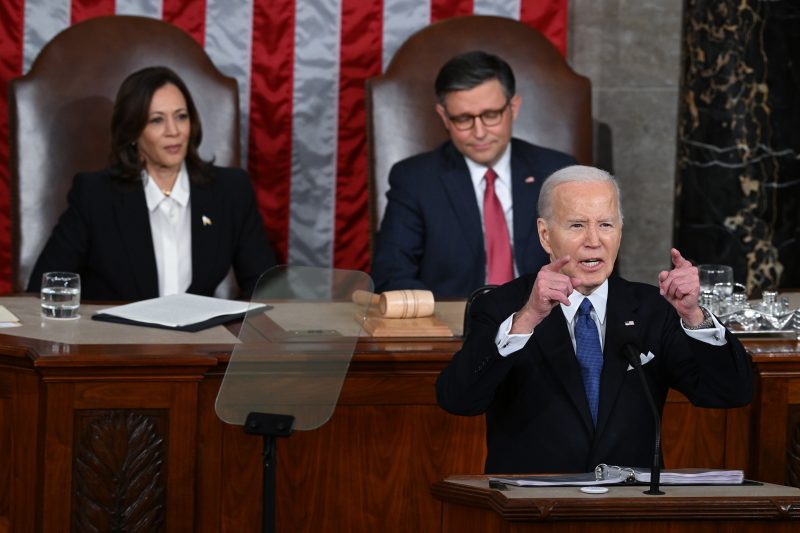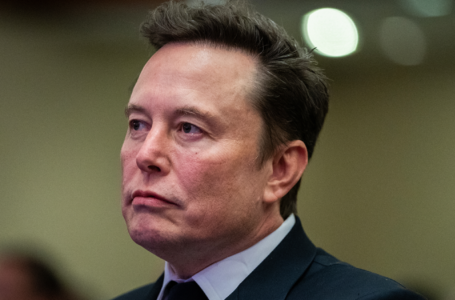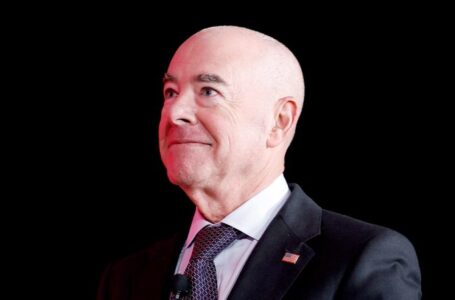Trump wants China to play a role in peace in Ukraine. Is Xi Jinping willing to help?
Early polling of Biden’s State of the Union doesn’t quite match the hype


Democrats would like to believe that President Biden changed the 2024 game with his State of the Union address Thursday night, demonstrating verve and combativeness amid concerns about his age and mental acuity.
It’s not so clear the American public saw the home run that they did.
Biden’s campaign and some media outlets have pointed to a post-speech instant CNN poll showing 65 percent of viewers offered a positive review of Biden’s speech. Viewers also shifted 17 points toward believing the country is headed in the right direction — from 45 percent before the speech to 62 percent afterward.
Both of these are true. What’s also true is that State of the Union speeches almost always receive strongly favorable views, in part because viewership tends to draw disproportionately from their allies.
The 65 percent who had a positive view of the speech was actually lower than any such speech CNN has polled in the past quarter-century — the previous low being Donald Trump’s 2018 address (70 percent).
And the 35 percent who offered a “very” positive review was effectively tied with Biden’s speech last year (34 percent) for the lowest on record. The next lowest were Biden’s 2022 speech and George W. Bush’s 2007 speech, which each earned “very” positive marks from 41 percent of viewers.
The 17-point shift toward the country moving in the “right direction” was also unremarkable, historically speaking. Dating back to Bill Clinton’s 1998 State of the Union address, viewers have shifted an average of 15 points toward that more optimistic view.
Now we get to the caveat, and that’s that viewers Thursday were less aligned with the president than your average State of the Union audience — potentially because we’re in a campaign year, or because questions about Biden’s ability to perform drew in more people who were skeptical of him.
That appears to explain at least part of the poorer-than-normal reviews — but not all.
The CNN sample was 36 percent Democratic and 30 percent Republican. Generally speaking, members of a president’s party will outnumber members of the opposite party by double digits.
But we have seen such closely divided audiences and with stronger reviews. In Trump’s 2017 and 2018 speeches, Republicans outnumbered Democrats by just five percentage points in CNN’s sample. Trump’s reviews in those speeches were still stronger than Biden’s on Thursday: 78 percent positive (including 57 percent “very” positive) in 2017, and 70 percent positive reviews (including 48 percent “very” positive) in 2018.
It’s early, and it’s worth keeping an eye out for other data — not just direct reviews of the speech, but evidence of any actual shifts in the electorate that come in the days and weeks afterward. The basic reviews of the speech might not account for how people’s notions might have fundamentally changed on issues such as Biden’s acuity. Those will be the numbers we should really watch.
While this is the most robust data we have, it’s not the only data. YouGov came out with a post-speech poll Friday afternoon. But it wasn’t resounding either; it showed 30 percent thought the speech would make people like Biden more, while 23 percent thought it would make them like him less.
Independents were about evenly split on the question. But Democrats wagered by a 56-8 margin that it would help Biden’s popularity.
Hope springs eternal.











